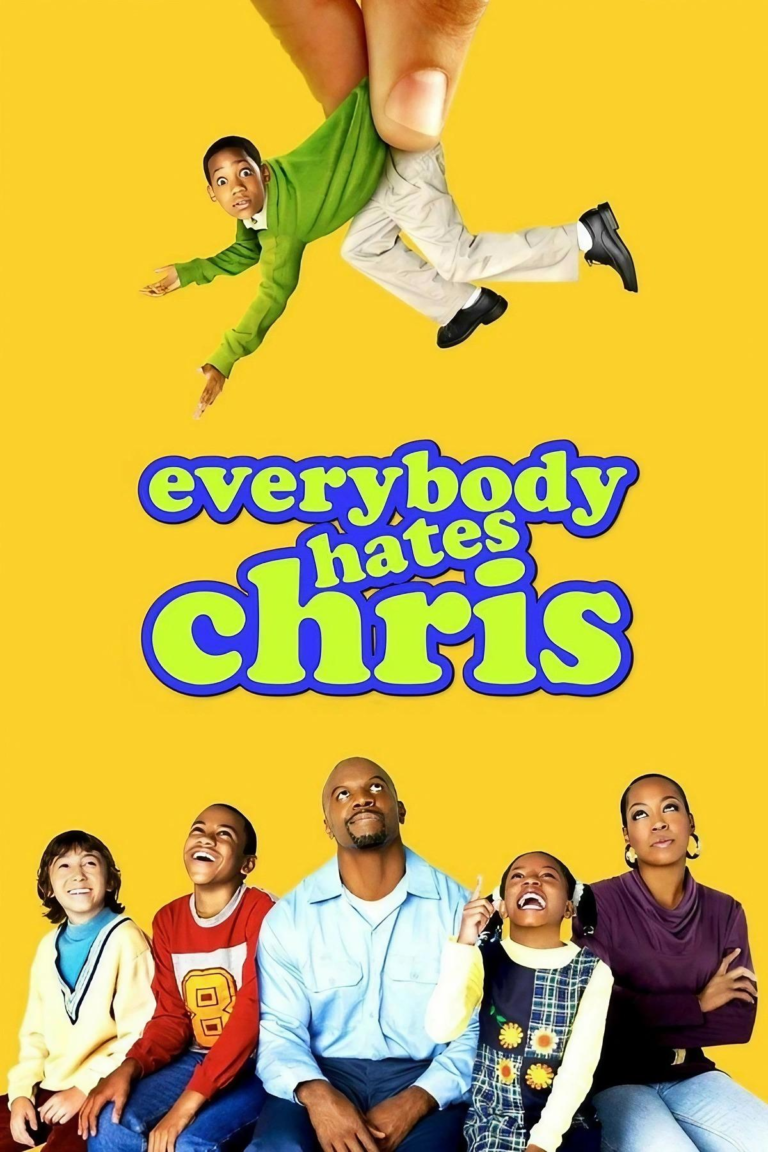This Way Up Christian Review

What does it mean to recover, to stumble, and to keep going when life knocks you flat on your back? Aisling Bea’s This Way Up doesn’t pretend to have the answers, but it does something more honest: it shows you the mess. The mess of mental health, of relationships that don’t fit neatly into a Hallmark box, of finding humor in the ache and light in the dark. This is a show that threads its narrative with absurdity, tenderness, and gut-punches of truth that feel startlingly close to home.
Aine’s Journey: Where Comedy Meets Cracks in the Armor
Let’s start with Aine. She’s the protagonist, yes, but more than that, she’s your friend, your sister, or maybe even you on a particularly hard day. Played by Bea with a charisma that borders on raw electricity, Aine is a woman in recovery—recovery from a breakdown, but also from life itself. Her struggles aren’t framed as something to fix or cure but as threads woven into the fabric of her being.
Watching her feels like peeking into a diary you weren’t meant to see. There’s a certain bravery in the way This Way Up handles her mental health—no dramatic music swells or teary monologues to neatly wrap things up. Instead, there’s just Aine, awkward and beautiful in her vulnerability, trying to navigate the tightrope between coping and breaking.
As Christians, we’re called to carry each other’s burdens (Galatians 6:2), and Aine’s story resonates deeply with that call. Her vulnerability isn’t a weakness; it’s an invitation—for her friends, her sister, and even us as viewers—to step into her world with empathy.
Sisterhood: The Sacred Mess of Shona and Aine
Now let’s talk about Shona, Aine’s sister and, in many ways, her anchor. Their relationship is the heart of the show, messy and imperfect but bursting with love. Shona, played by the incredible Sharon Horgan, is the type of sister who will roll her eyes at you one minute and fiercely defend you the next. Their dynamic feels achingly real, a blend of bickering and unspoken tenderness that will remind anyone with a sibling of their own tangled bond.
In their interactions, we see echoes of what Christian community is meant to be—not perfect, but persistent. Shona doesn’t always know how to help Aine, and sometimes her attempts fall flat. But she shows up, again and again, and that kind of faithfulness is its own kind of grace.
Humor and Heartbreak: The Divine Dance of Life
If there’s one thing This Way Up does masterfully, it’s walking the line between humor and heartbreak. One moment, you’re laughing at Aine’s sharp wit or a perfectly timed gag; the next, you’re hit with a wave of raw emotion that leaves you breathless. It’s a balancing act that mirrors the unpredictability of life itself.
For Christians, this juxtaposition of light and dark is a familiar rhythm. Ecclesiastes 3 reminds us there’s a time for everything—a time to laugh and a time to weep. Aine’s story captures this beautifully, reminding us that joy and sorrow aren’t mutually exclusive. They exist side by side, shaping and deepening our experience of the world.
A Comedy That Cuts Deep
“This is a comedy about mental health,” they said. And it is, but don’t mistake that for fluff. This Way Up doesn’t shy away from the hard stuff. It looks depression in the eye and acknowledges its weight while still finding space for levity.
The gags are sharp and plentiful, but they don’t come at the expense of the show’s depth. Instead, they feel like a lifeline, a reminder that laughter is a form of survival. As Christians, we know the power of joy even in the midst of trials (James 1:2-4). This Way Up leans into that paradox, showing how humor can coexist with hurt without diminishing it.
Empathy as a Work of Art
Empathy is a buzzword these days, but This Way Up embodies it in a way that feels rare and precious. Every character in Aine’s orbit is treated with care, their flaws and struggles rendered with a tenderness that’s almost reverent.
There’s Richard, the slightly awkward but endearing Englishman who becomes a surprising source of comfort. And there’s Bradley, Aine’s student, whose quiet resilience speaks volumes. Each of these characters feels fully realized, their interactions with Aine a testament to the interconnectedness of our lives.
For Christians, this focus on empathy is a reminder of our call to love others as ourselves (Mark 12:31). This Way Up challenges us to look beyond the surface, to see the humanity in everyone—even in their messiest, most unguarded moments.
Imperfections That Feel Perfect
Let’s be honest: This Way Up isn’t flawless. The plot can feel loose, and not every joke lands. But these imperfections are part of what makes the show so compelling. It doesn’t try to be polished or overly slick. Instead, it leans into its humanity, its moments of awkwardness and vulnerability.
As Christians, we know that perfection isn’t the goal. God meets us in our imperfections, working through our weaknesses to reveal His strength (2 Corinthians 12:9). This Way Up feels like a reflection of that truth—a show that finds beauty in the broken places and grace in the gaps.
A Tapestry of Grace and Grit
In the end, This Way Up is more than just a comedy. It’s a meditation on resilience, connection, and the quiet courage it takes to keep going. It’s a show that invites us to laugh, to cry, and to see the world through eyes of compassion.
For Christians, it’s a reminder of the power of community and the importance of walking alongside each other in love. It’s not a perfect show, but it’s a profoundly human one—and that, in itself, is a gift.
Final Reflections and Rating
If you’re looking for something tidy and predictable, This Way Up isn’t it. But if you’re willing to sit with its messiness, to embrace its blend of humor and heartbreak, you’ll find a story that lingers long after the credits roll.
As a Christian, I found much to admire in its honesty and empathy, its portrayal of brokenness and healing. It’s not a show that preaches, but it does offer a quiet wisdom that feels deeply resonant.
Rating: 8/10. This Way Up is a beautifully crafted, deeply human exploration of life’s complexities. It’s not perfect, but maybe that’s the point. Because neither are we—and yet, grace abounds.





